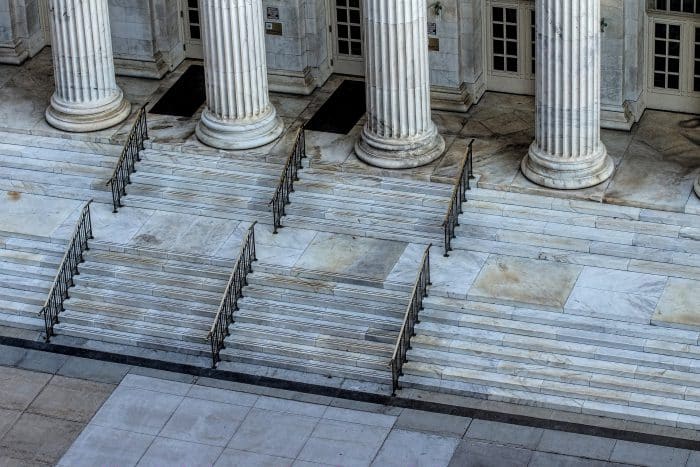1) Respond to the Notice
The first step debt collectors make by taking legal action is sending a “Summons and Complaint” notice to the person with the debt. The worst thing to do is not respond to the notice, which is surprisingly very common in the world of debt collection. Even if you do owe money to a debt collector, it’s still important to respond to the notice; otherwise the court will likely side with the debt collector. (Nolo.com)
2) Dispute the Lawsuit

3) Utilize Your State’s Statute of Limitations
A statute of limitations is the time period (usually 3-6 years) that limits how long a debt collector has to sue for an unpaid balance. Check your state’s statute of limitations and see if the debt collector is abiding by its time limit. It’s possible to revive an expired statute of limitations if you bring it up in court; so consider that as a possible lawsuit defense. The Fair Debt Collection Practices Act (FDCPA) is a federal law that protects debtors from being harassed by debt collectors. (PSIcollect.com)
4) Countersue the Debt Collector
If you’re being sued by a debt collector and they violated the FDCPA, you might be able to apply a countersuit against them. This step is usually advised if you’ve consulted with a legal professional and/or already have an attorney in the debt collector’s lawsuit. If you sue under the FDCPA and win, the debt collector usually pays your attorney’s fees and any damages to you (ConsumerFinance.gov).
5) File for Bankruptcy
If you’re being sued for a large debt, you might be eligible to apply for an Automatic Stay in Bankruptcy. The automatic stay is designed to stop debt collectors from seizing property that belongs to the bankruptcy estate and/or property that is exempt under bankruptcy (AllLaw.com). If you’ve already started paying back your debt and are behind on the payments, the automatic stay will only provide temporary protection from debt collectors; this occurs when the debt collector lifts the stay and repossesses your property.
Sources
Nolo.com: http://www.nolo.com/legal-encyclopedia/creditor-lawsuits-how-the-case-begins.html
PSIcollect.com: https://psicollect.com/what-is-a-statute-of-limitation/
ConsumerFinance.gov: https://www.consumerfinance.gov/ask-cfpb/what-is-harassment-by-a-debt-collector-en-336/
AllLaw.com: http://www.alllaw.com/articles/nolo/bankruptcy/bankruptcys-automatic-stay.html

